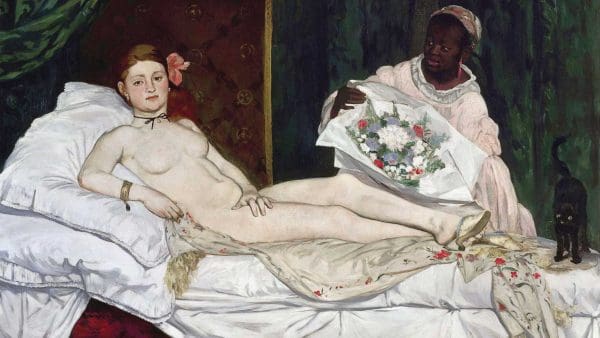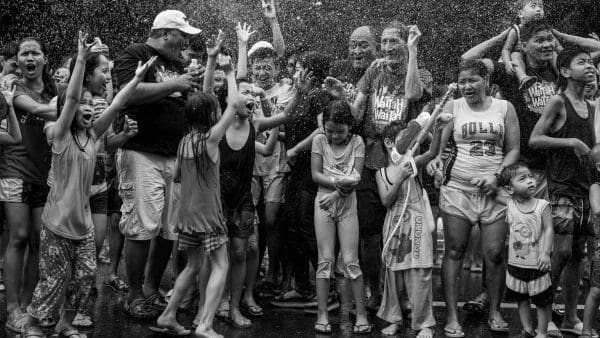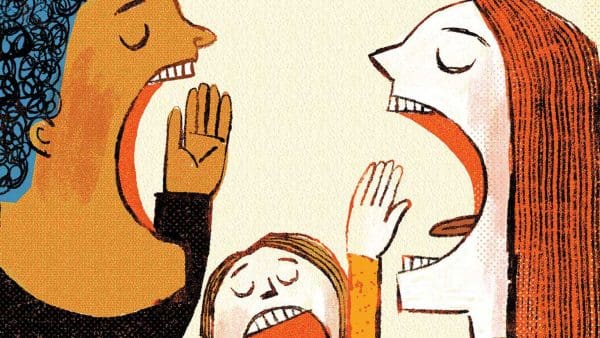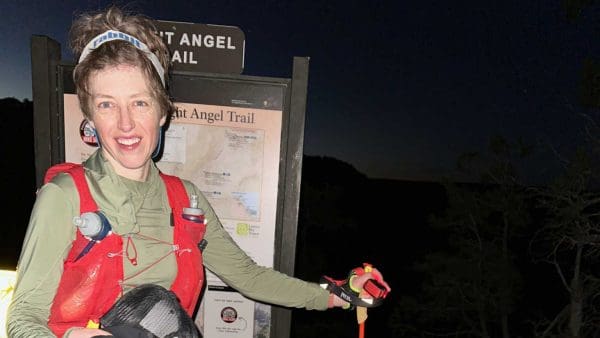
For the past 25 years, Eric Puchner, an associate professor and chair of The Writing Seminars Department, and his wife have been going to a house on Flathead Lake in Montana. The house was built about 100 years ago by his wife’s great-grandfather, a Jewish Lithuanian immigrant who arrived in Montana completely destitute. (Puchner’s wife, novelist Katharine Noel, is also a professor in The Writing Seminars.)
The family getaway is both the inspiration for and one of the main characters in Dream State, Puchner’s novel released in February. The book, selected for Oprah’s Book Club, centers on Charlie and Cece, who are engaged to be married, and Garrett, Charlie’s rough-around-the-edges best friend from college. The wedding venue is the family’s charming lake house in Salish, Montana; the land dotted with orchards and raspberry bushes.
Garrett, a loner working as a baggage handler in Montana, is tapped to officiate the wedding and look after Cece, who has arrived in Salish a month ahead of the event. Charlie, a cardiac anesthesiologist, has stayed back in Los Angeles to work. Cece has reservations about Garrett, but as the two spend more time together, her aversion to him slips, and Garrett emerges from his hardened shell. And things get complicated.
Love and loss in the American West
Puchner follows the compelling, layered characters over 50 years in a gradually warming Montana and planet, and captures the gamut of human emotion as they navigate friendship, love, and loss.
“The book, much like our lives, is about loss. We build a house because it’s our attempt to create a permanent home for ourselves on Earth. But we’re just passing through, and I think the house in the book becomes a metaphor both for our desire to create something permanent and our failure to create that permanence,” Puchner says. “As we get older, we have to reckon with that impermanence… both in the individual human sense, but also in the larger, collective sense of what we’re doing to the Earth.”
The book, much like our lives, is about loss. We build a house because it’s our attempt to create a permanent home for ourselves on Earth.”
Eric Puchner
Puchner draws largely from his own research and experience, with the picturesque flora and fauna of Salish based on real and imagined details, including those pulled from Puchner’s own ski trips and his hikes in Glacier National Park. Having experienced dangerous air quality due to wildfires, he wrote about how climate change is affecting the American West—the snow melt, the lake, and the air quality.
The lives we didn’t lead
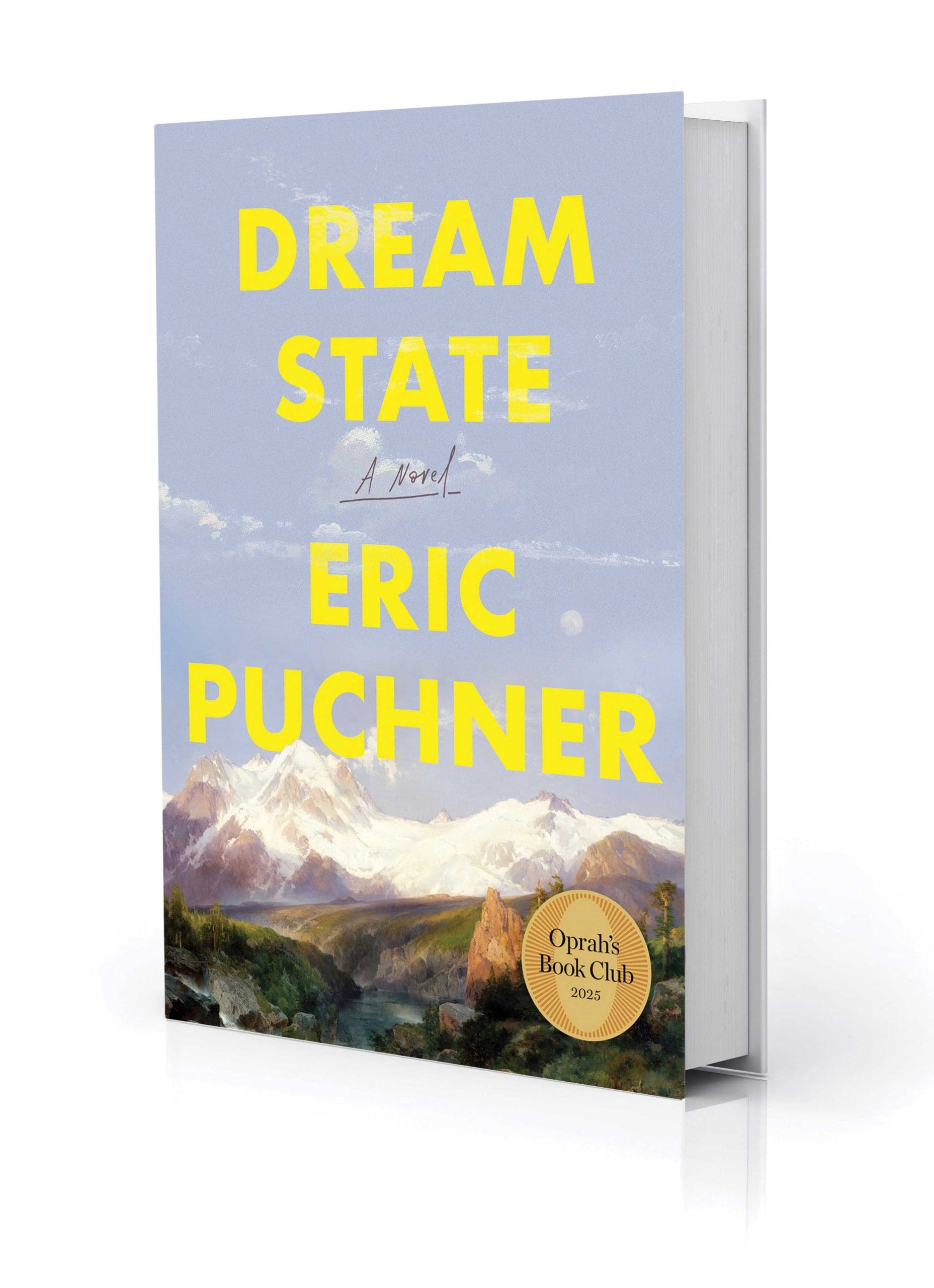
The tumultuous wedding—what he calls the fulcrum of the book, in which half of the wedding party has norovirus—was inspired by a wedding ceremony he officiated where that was the case.
It’s the passage of time—and what happens or doesn’t happen in time—that moves the story forward.
“Partly, the book is about those empty spaces between chapters and the fact the characters, like the reader, are often surprised by how much time has slipped by… ultimately, it’s about the lives that we didn’t lead, but could have led or almost led,” Puchner says. “I knew that the book, thematically, was going to be about this trap door of regret, these ghost lives, and the way they end up affecting us over time.”

